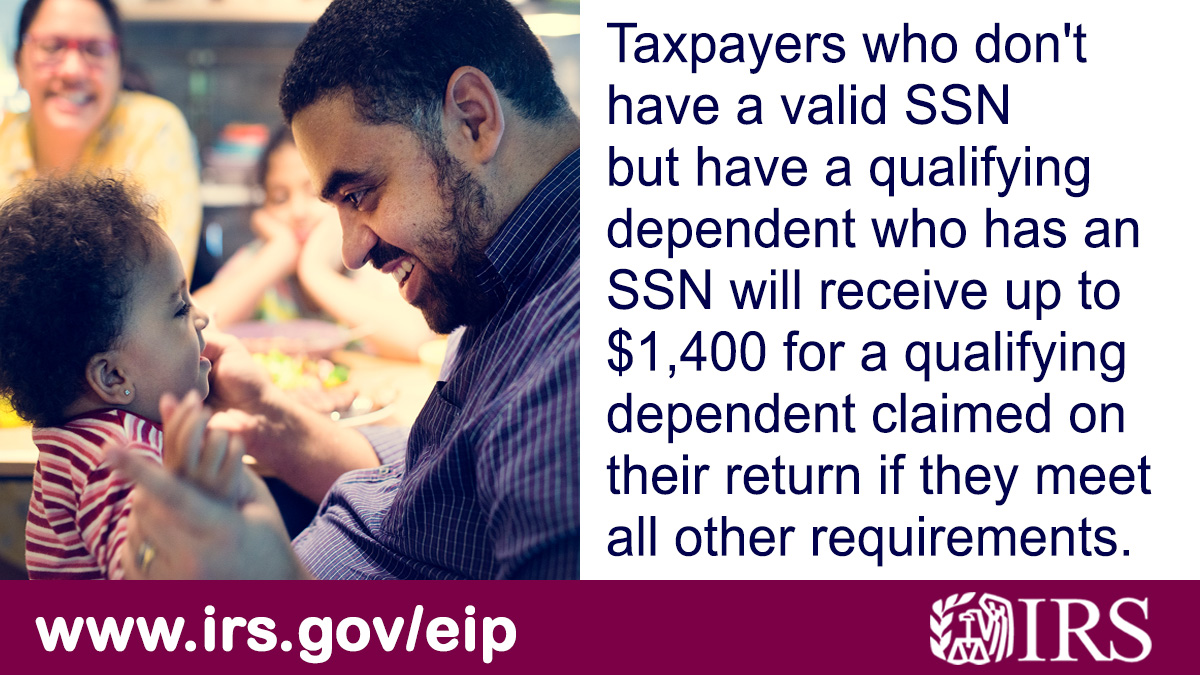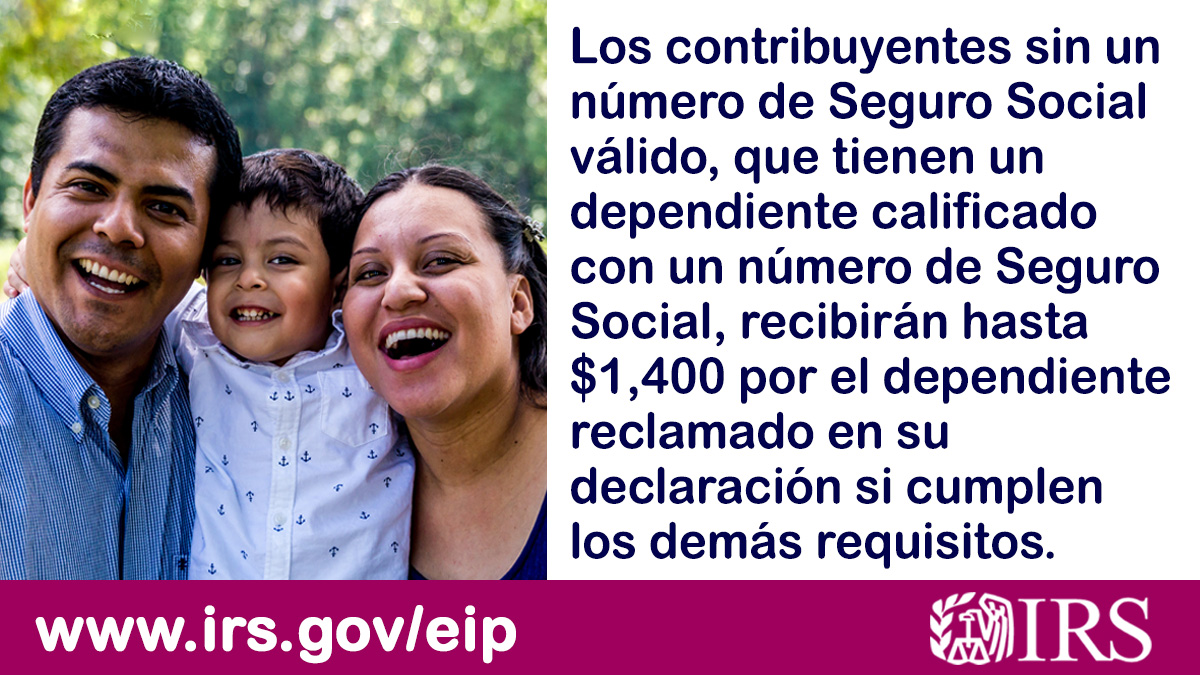Welcome back to our weekly video series discussing ways you can maximize your SNAP benefits. This week we’ll be discussing the shelter expense deduction. This deduction takes into account your rent or mortgage cost as well as a set amount for utility expenses. This total shelter expense deduction is factored in to reduce your countable income. Remember, reductions in income equal an increase in SNAP benefits.The amount factored in for your rent or mortgage is limited to $624, unless your food stamps household contains an elderly or disabled member. This means that in households with someone disabled or 60 years or older, the entire rent or mortgage can be factored in. This is an important deduction and could have a large impact on some households given the rise in housing costs and rents. If your housing costs have increased be sure to report this to DSS as soon as possible.
Join us next week for our final video installment where we’ll recap the deductions we’ve already discussed and share other ways you can keep food on the table.
Watch the 3rd video in our 4 part weekly series
Bienvenido de nuevo a nuestra serie de videos semanales que analizan las formas en que puede maximizar sus beneficios de SNAP. Si tiene algún comentario, comuníquelos aquí en la sección de comentarios.
Esta semana discutiremos la deducción de gastos de vivienda. Esta deducción tiene en cuenta el costo de la renta o la hipoteca, así como una cantidad fija para los gastos de servicios públicos. Esta deducción total de gastos de alojamiento aplica para reducir su ingreso contable. Recuerde, las reducciones en los ingresos equivalen a un aumento en los beneficios de SNAP. La cantidad factorada para su alquiler o hipoteca está limitada a $624, siempre y cuando no haiga alguien en su hogar que reciba cupones para alimentos o haiga una persona de 60 años o más o alguien discapacitado. Esto significa que en los hogares con una persona discapacitada o de 60 años o más, se puede incluir la totalidad del alquiler o la hipoteca. Esta es una deducción importante y podría tener un gran impacto en algunos hogares dado el aumento en los costos y alquileres de la vivienda. Si sus costos de vivienda han aumentado, asegúrese de informar esto al Departamento de servicios sociales lo antes posible.
Únase a nosotros la próxima semana para nuestra última serie de video donde recapitularemos las deducciones que ya hemos discutido y compartiremos otras formas en las que puedas mantener comida en su mesa



